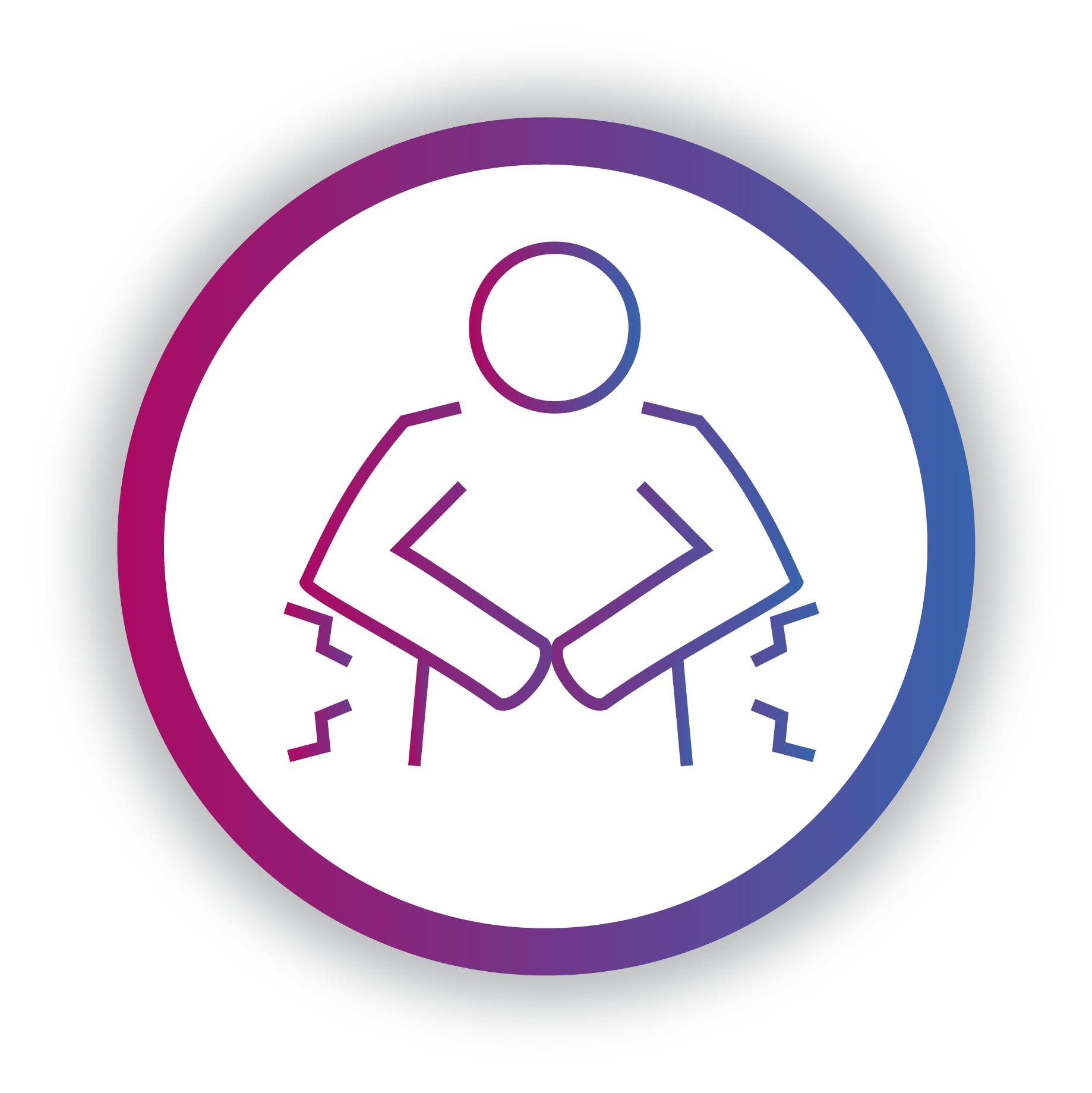
What is Constipation?
Constipation is a common condition which can affect people of all ages. How often one needs to empty their bowels differs between people. Some go more than once a day, others may go every other day or less, it is completely individual. If you have constipation, however, you’ll probably go less often, and you may have hard or lumpy stools that are smaller or larger than usual.
Symptoms of Constipation
- Fewer than three bowel movements per week and the stool is hard and difficult to obtain
- Straining when you try to pass a stool
- Feeling as though you haven’t fully emptied your bowels
- Passing a stool that’s either larger or smaller than normal, or that’s hard and lumpy
How does constipation occur?
Being aware of how digestive system works can help you to understand how constipation occurs, and how to improve your digestive health.
Mouth and oesophagus:
The first stage of digestion occurs in the mouth. Food is chewed into smaller pieces. The starch in the food is broken down into smaller particles. After swallowing, this passes through the oesophagus into the stomach.
Digestion in the stomach:
In the next step, the chewed food is mixed with digestive juices (stomach acid and enzymes). The stomach slowly empties its contents into your small intestine.
Digestion in the small intestine:
The muscles of the small intestine mix the food further with the digestive juices and push it forward for further digestion. The walls of the small intestine absorb water and the digested nutrients into your bloodstream. The waste products of the digestive process move into the large intestine.
Digestion in the large intestine:
Waste products from the digestive process include undigested parts of the food, fluid and older cells from the lining of your gastrointestinal tract. The large intestine absorbs water and changes the waste from liquid into a stool.
Defecation from the rectum:
Water absorption reduces the volume of the content in the colon. The stool remains in the rectum until its volume reaches a critical point. At that time, receptors in the intestine are activated, triggering a bowel movement. Constipation occurs when too much liquid has been extracted from the content of the colon due to the speed of movement through the passage slowing down. This makes the stool hard and dry making defecation difficult.
MICROLAX® softens a hardened stool by acting locally in the rectum. It increases the volume of the stool and creates the urge to evacuate, generally only 5 to 15 minutes after use.
What causes constipation
Constipation is a common problem, but what causes constipation may vary from person to person. However, knowledge of common factors which can lead to constipation may help you find suitable ways to prevent it.
Constipation isn’t usually caused by a specific condition and it may be difficult to identify the exact cause. Several factors can increase your chances of having constipation, including:
 Diet and Exercise
Diet and Exercise
- Not eating enough fibre, such as fruit, vegetables and cereals
- Not drinking enough fluids
- Short-term changes in eating patterns (e.g. on journeys or as a result of a diet)
- Being underweight or overweight
- Immobility or insufficient exercise
 Changes in Hormones
Changes in Hormones
Constipation can be caused by changes in hormones during pregnancy.
 Side effect of Medication
Side effect of Medication
Constipation may sometimes be a side effect of a medicine you're taking.
Common types of medication that can cause constipation include:
- Aluminium antacids (medicine to treat indigestion)
- Antidepressants
- Antiepileptics (medicine to treat epilepsy)
- Antipsychotics (medicine to treat schizophrenia and other mental health conditions)
- Calcium supplements
- Opiate painkillers, such as codeine and morphine
- Diuretics (water tablets)
- Iron supplements
Consult your doctor or pharmacy staff for advice if you get constipation when you take medicine.
 Underlying Disease
Underlying Disease
In rare cases, constipation can be a sign of an underlying condition or disease, or can be aggravated by a disease. Constipation can be caused by acute conditions such as ileus or by chronic intestinal diseases such as IBS. There are also several other diseases or conditions that may cause constipation. If you think your constipation is due to a disease or condition, please consult your doctor.
 Changes in Routine
Changes in Routine
- Having limited privacy when using the toilet
- Ignoring the urge to pass stools
Contacting your GP
You should see a GP if you:
- Are not improving with treatment
- Are regularly constipated and it lasts a long time
- Are bloated and your constipation lasts a long time
- Have blood in your poo
- Have unexpectedly weight loss (or a child has not grown or gained weight)
- Feel very tired all the time
- Speak to the GP before you stop taking any prescribed medication.
If you are pregnant or breastfeeding and are experiencing constipation you should consult your health care professional for advice before using any new medication, including MICROLAX®.
Always talk to a doctor before using any constipation medication in children, including MICROLAX®.
